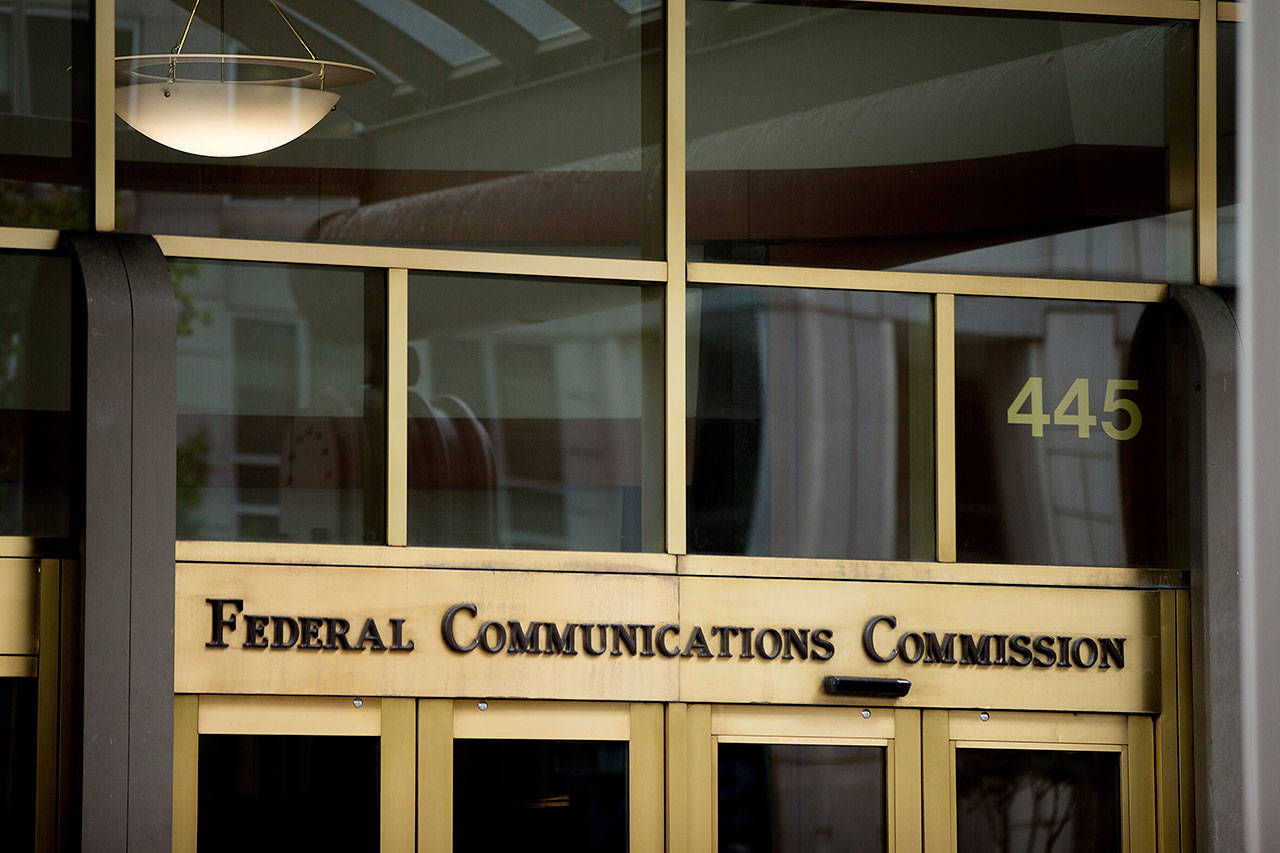By The Herald Editorial Board
We can now say this for pen, paper, envelope and stamp: It would require a daunting effort to launch a campaign meant to flood an agency or member of Congress with bogus public comments using them.
It’s much simpler when you can use a bot on the internet that posts tens of thousands of submissions in a single second.
And it’s a practice that threatens to drown out the legitimate comments of American citizens who weigh in on a number of policies and practices under consideration by federal and state agencies or who want to share their opinion with their government representatives.
That’s clear now following a report Wednesday by the Pew Research Center that found that of the 21.7 million “public” comments submitted to the Federal Communications Commission regarding “net neutrality,” only 6 percent were “unique,” meaning they were submitted from a single, verifiable email address. The other 94 percent were submitted multiple times, in some cases hundreds of thousands of times, Pew reported.
The comments, at least the legitimate ones, were providing feedback on FCC Chairman Ajit Pai’s proposal to reverse Obama-era Open Internet rules — often called “net neutrality” — adopted in 2015. The Open Internet rules have prevented broadband service providers, such as Verizon, Comcast and AT&T, from creating internet “toll lanes” and restricting access to a fast, fair and open internet to all users. That policy says broadband providers can’t block access to legal content and services, can’t throttle or degrade data speed and can’t set up paid “fast lanes” that favor their affiliates and those willing and able to pay more.
Pai and others now want to deregulate the internet and replace the FCC’s mandatory rules, accepting voluntary pledges from the service providers.
The Herald Editorial Board has stated its support for the Obama-era rules when Pai first proposed the change in April and the FCC began accepting comments on its website. The comment period ended Aug. 30.
But the comments accepted by the FCC, “present challenges to anyone hoping to understand the attitudes of the concerned public regarding net neutrality,” Pew said in its report.
Pew downloaded all 21.7 million comments from a publicly available FCC webpage and analyzed them.
Among its findings:
About 57 percent of the comments used duplicate or temporary email addresses for verification, often using the same name — if a name was used at all — thousands of times. Often false or misleading personal information — as well as bogus email addresses — were submitted, a requirement that is supposed to allow the agency to verify the legitimacy of each comment.
Five comments were submitted more than 800,000 times each.
In more than 9,000 instances, the email address did not contain the “@” character that is part of every email address.
On nine occasions, more than 75,000 comments, often containing identical of highly similar comments, were submitted in the same second.
And there were bad actors on both sides of the issue. A comment supporting net neutrality was the single-most duplicative comment at 2.8 million submissions, but 7 of the top 10 most frequently submitted comments argued against net neutrality, Pew found.
Some of this type of duplication has been common practice, even before the internet. Advocacy groups frequently organize comment drives that offer suggested language that can either be copied or adapted when commenting on an agency’s web page.
It’s lazy, but, in itself, is not an attempt to deceive.
What’s more concerning is the use of fraudulent personal information, bogus email addresses and internet bots and other automated schemes to flood the agency’s website with comments.
Although not referenced in the Pew report, Bloomberg reported Wednesday that nearly 445,000 of the comments used Russian email addresses for verification purposes, though it said it was not clear if the comments were from Russian citizens or had been hijacked by bots in the U.S. or elsewhere.
This wasn’t that sophisticated a scam that the FCC should have been prevented from recognizing a problem. The FCC simply failed to perform its due diligence.
The FCC asked each commenter to include a name and email address for the purpose of verifying each comment’s authenticity. But Pew’s analysis found that the FCC website did not use the email verification process on a consistent basis, authenticating only 3 percent of the submitted comments.
Public comments are not the only factor used by agencies and representatives when considering policy, rules and action, but they are a direct and important gauge of public opinion and a resource that must be protected from fraud.
Recently the Department of Interior accepted 2.4 million comments on whether to abolish or make changes to the boundaries of scores of national monuments. Most of the comments were in support of the monuments, which may have influenced the Trump administration’s decision to keep them, although the department is considering reducing the size of at least two.
With a public record that is now so corrupted that the FCC cannot hope to draw a fair conclusion on public opinion regarding Open Internet rules, Pai and the agency should delay the FCC board’s Dec. 14 decision on net neutrality’s repeal, reopen the comment period and — this time — do a better job of verifying the authenticity of comments submitted online.
Either that or we should all go back to pen, paper, envelopes and stamps.
Talk to us
> Give us your news tips.
> Send us a letter to the editor.
> More Herald contact information.

























